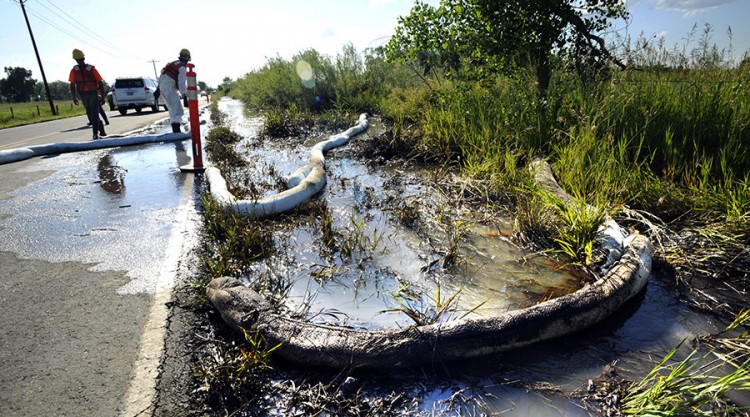
The state could divert millions of dollars from environmental remediation this year before voters have a chance to decide whether to prohibit such budgetary raids, according to a state lawmaker and environmental advocacy groups.
Gov. Chris Christie’s proposed $35 billion budget for fiscal 2018 includes a provision that places a $50 million cap on how much money won from natural resource damage settlements can go into an environmental site cleanup fund. For settlements larger than $50 million, any amount above that threshold would go into the state’s general fund.
This is the third straight year the state budget has included such language. But the provision takes on special significance this year, because $225 million from a settlement with ExxonMobil is currently in escrow and could become subject to that budget language, said Assemblyman John McKeon (D-Essex).
In that scenario, $175 million of that settlement money would go to the general fund.
---
Environmental advocacy groups, led by the New Jersey League of Conservation Voters, recently wrote a letter to leadership in the Legislature urging that the $50 million cap be removed so that environmental settlements can be deposited in full into the Hazardous Discharge Site Cleanup Fund.
“By putting the question on the ballot, the Legislature has determined diverting these funds is a big enough problem, that voters should have the opportunity to constitutionally protect” settlement funds, the letter said. “By leaving the governor’s language in the budget, the Legislature is giving the administration one last chance to improperly divert funds away from communities before they are able to have their voices heard on this matter.”
Ed Potosnak, executive director of the League of Conservation Voters, called the $50 million cap “egregious.”
“They can’t control themselves from reaching into the cookie jar,” he said of state officials. “It’s really unfortunate. This is money that communities could use to restore the environment.”
To read the full article, click here.